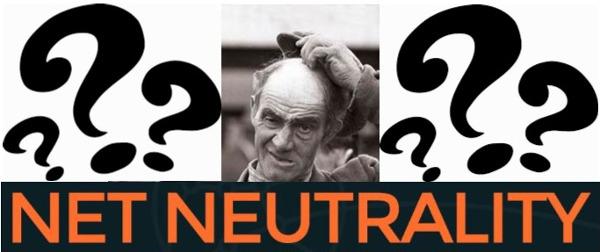Survey: Consumers Who Understand Net Neutrality More Likely to Support It

Just over half (55 percent) of U.S. consumers say they understand the issue of net neutrality and, among that group, 72 percent favor it. Among those who feel they do not understand the issue, 64 percent report favoring net neutrality.
Men are more likely than women — 61 percent vs. 48 percent — to report that they understand net neutrality and twice as likely (34 percent vs. 17 percent) to be following net neutrality developments in the news and elsewhere. But among those who say they understand neutrality, more women favor it than men (77 percent vs. 68 percent).
From a political perspective, eight in ten (82 percent) Democrats who understand net neutrality are in favor of it, as well as 70 percent of Independents and those in other parties. A majority (56 percent) of Republican “understanders” also expressed support for maintaining net neutrality.
Respondents in the western U.S. showed lower levels of support for net neutrality, according to the survey. Two-thirds (67 percent) of those living in Western states who say they understand neutrality are in favor of it, compared with 76 percent for those living in the Northeast and Midwest.
Among different age groups, two-thirds (66 percent) of 15 to 24 year olds — a group GfK has dubbed the Now Generation — report understanding net neutrality, revealing that they have a better grasp on the principle than those over 65 (46 percent) and Millennials in the 25 to 34 age group (57 percent).
“Our study shows that a clearer understanding of what is at stake tends to make consumers value neutrality more,” said Gfk’s Tom Neri. “This suggests that education about even the basics of the issue may be the best weapon for those who would seek to reverse the FCC action. We also see the 15-to-24 age group setting itself apart once again, recording the highest level of neutrality understanding of any generation measured. Clearly, younger consumers know that a lot is at stake for them in this debate.”
In December 2017, GfK interviewed 504 U.S. consumers on its KnowledgePanel — described as the largest probability-based online panel that is representative of the adult US population. The margin of error is ±5 percent for analyses of the full respondent group.
























































